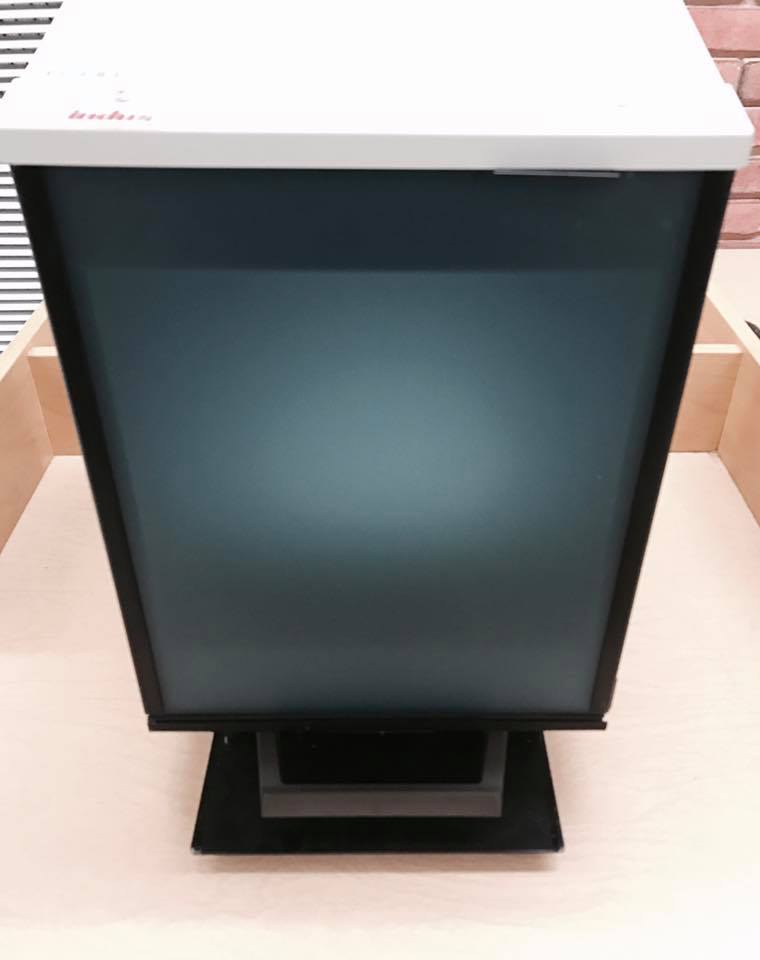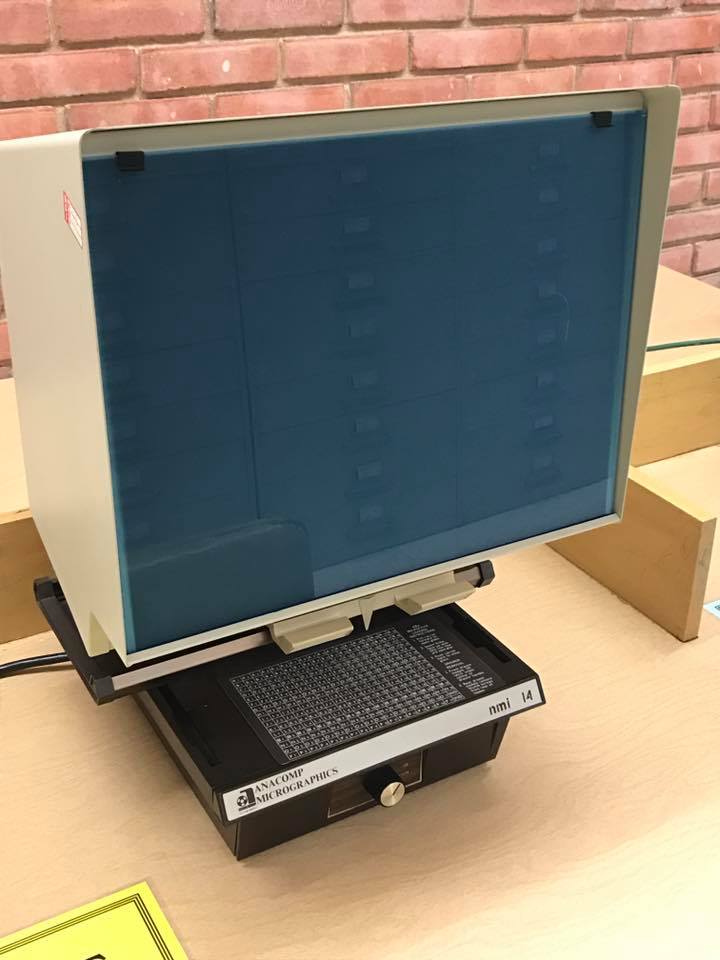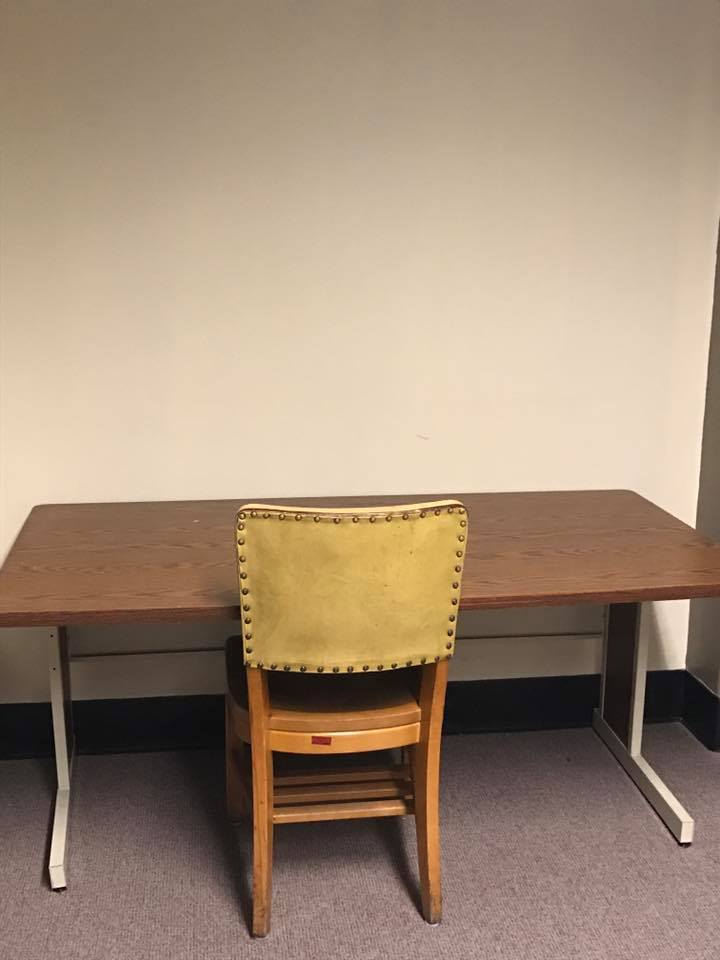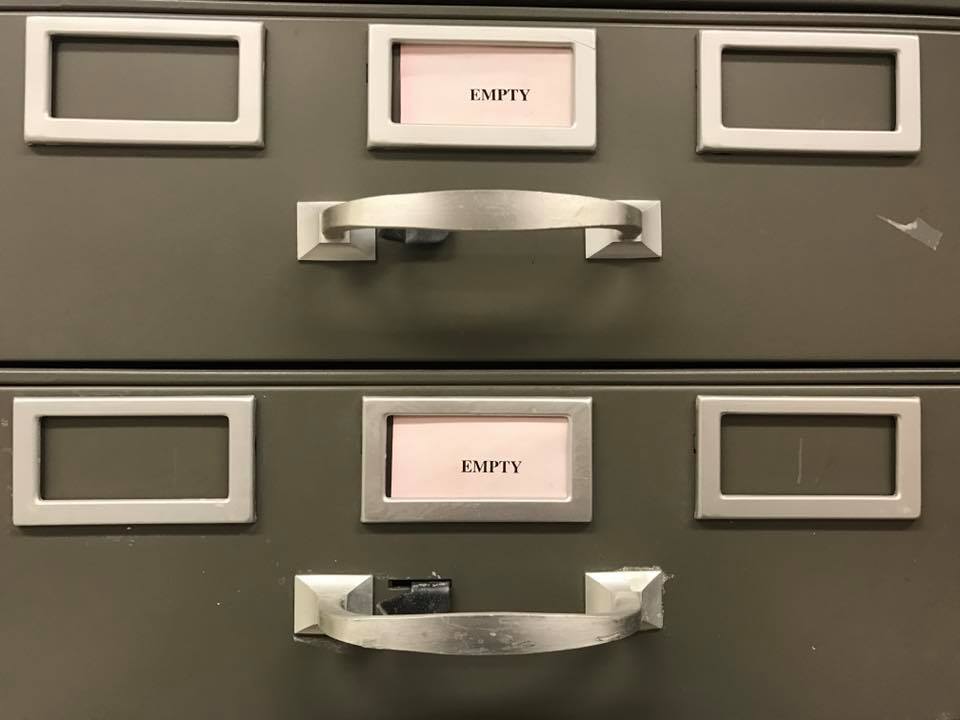Here’s a small sample.
RUBIA, WHITE, CUBANITA: My Latinx & Hispanic Heritage

As many of you know already or may struggle to remember because of my blonde hair and my very non-Hispanic last name,
I am a Cuban American.
I am a Cuban American.
My mother exiled from Cuba shortly after the Socialist Revolution in 1959, and, after many years of struggle to rebuild their lives in the US, nearly all of my Cuban family lived the rest of their lives between Miami, New York, and various parts of the Southeast. My grandfather was a key figure in the Bay of Pigs invasion, and his capture in Cuba and eventual return to the US is only one of many mysterious details of his life. My grandmother, her sisters and cousins were relentless political activists and organizers of MAR por Cuba (Mujeres Anti-Represión), and have lobbied and protested around the world for the release of pro-democracy political prisoners in Cuba. My family continues to dedicate extraordinary efforts to write, remember, speak, live, and pass on our Cuban heritage as times are changing and we've all been living in the US for decades now.
I spent my childhood in Atlanta, Georgia where I was in a household where both English and Spanish were spoken. When my abuela was with us, I remember the earthy-sweet smell of cuban espresso and cane sugar twice a day. I also remember the massive batches of pressure-cooked Cuban black beans smelling up the whole house, but that meant good eating for the foreseeable future.
In Miami, I remember the first time I touched a record was when I was putting on a Beny Moré vinyl at my Abuela's house. The phone would ring off the hook constantly as a steady stream of family came throughout the afternoon and evening for a cafecito, talking and gossiping loudly with a newspaper on the table, and to play a game of dominos. I remember the sky-high palm trees and warm salty air every time I climbed out of an air-conditioned car that smelled like sunscreen.
I remember thinking that it was probably like Cuba, but I've still never been.
My personal journey with my identity as a Latina who is also visibly white and anglophone is one that's full of privilege, and I've suffered very little discrimination in my life.
I do, however, have some interesting memories of ignorance that I needed to overcome.
I marked my "race" as "Hispanic, White"
on a standardized test in 3rd grade. The teacher called me up in front of the class and told me that I needed to mark "White" instead. I explained that my mom told me to mark Hispanic, and that I speak Spanish at home.
She replied bluntly,
"Oh yeah? PROVE IT."
Years later, when I began taking Spanish classes in middle school, I knew all the answers and aced all the tests. In class, however, I dumbed down my accent and my knowledge so as not to appear as a "know-it-all."
I accepted that I should pass as an anglophone white woman rather than be multiple identities. It was easier for people to read me, so I just went with that.
In high school and college, I realized that my obsession with writing, reading, music & film could be doubled or even tripled as I added more languages into my repertoire. I started watching movies and reading in Spanish, and more worlds opened up to me. I started reading other authors who were Latinx like Julia Alvarez, Sandra Cisneros, Rudolfo Anaya, Juno Diaz, Achy Obejas, Josefina Baez. I saw myself in some cases, and then learned a LOT about what other Latinx folks with darker skin tones and less fortunate circumstances go through.
I realized that my experience is just a tiny fraction of what it means to be Latinx & Hispanic, but it's still very much valid.
My years as a Spanish teacher and professor allowed me the opportunity to share my heritage and languages with others. Before each course I taught, I told my students that the goal of the first semester is not to speak and read and write flawlessly, but to be able to make a friend in Spanish and to let that relationship be the doorway to compassion and authentic cultural experiences. It's still the goal to bridge that gap.
“On Modesty and Luxury”
“On Modesty and Luxury”
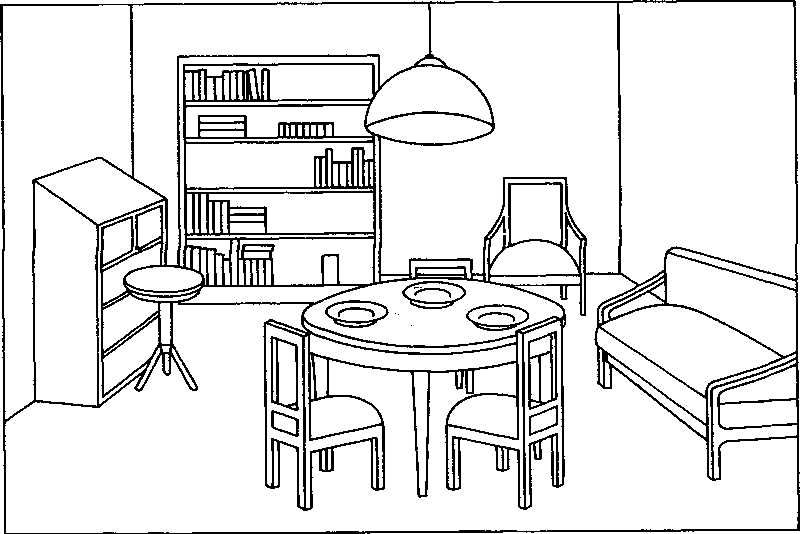
“Go and get my nails done?” I recoiled when my mother casually suggested an activity together.
I was back in town after a long trip to South America. My two pairs of hiking boots with mud stains were still drying in the air-conditioned laundry room at my parents house. I was stopping through town, and the Georgia spring was in full effect - pollen dusting the hot and humid air, the stink of dogwood trees, the sweet smell of early-blooming azaleas.
I checked my reflection in the side mirror of the car. My honey blonde hair was shaggy and short, my front-button plaid shirt was fastened all the way to the top, my nails looked plain and well-enough as they adjusted my small gold earring. I was a tomboy, and therefore had no need for a manicure in suburbia.
“Oh it’s fine. I’ve got a good place. Let’s go, my treat,” my mom insisted, clicking on the car blinker and preparing to turn into the shopping center. It was one of those shopping centers that looks just as anyone imagines it - bare, concrete, a few small twigs that will one day be a narrow patch of shade for seasonal planters. I reluctantly agreed, knowing i would never win the argument and simultaneously convincing myself to stay open-minded.
The bell chimed as we walked in. Immediately, I smelled alcohol and cleaner. It made me gag slightly, but I busied myself with the endless color spectrum of nail polish to choose. After a few seconds, I chose a shade that matched with my pants, which was labeled “Arizona sunset.” My mother got her usual, a milky hue called “French white.”
The manicurists were Vietnamese men and women, wearing masks and a blank expression. They spoke as if reciting a thesaurus, and their clients were suburban white ladies with monogrammed cloth purses and matching wallets. Suddenly, I remembered the woven wallets for sale in the crowded marketplaces of southern Peru. So much noise, dust, and clinking of coins. I was a long way from that, which I realized when the man took my hand and examined my fingers with bored disappointment.
First, the moisturizer in a plastic bag around my hands, then the heat, a cool towel, a sharp tool to pick the edges of my cuticles, and then to the paint. First, a stripe in the middle, then a delicate filling on the sides. Occasionally, a swipe to clean the excess paint off the edges. It was mesmerizing to watch. I felt strange for not speaking with the man painting my nails and massaging my hands. Everyone else seemed fine with it, and checked their phones with their other hand or watched the TV set across the room.
The man touched the translucent hairs on my knuckles and asked loudly, “Why do you have this?”
I frowned before I giggled with embarrassment, “It’s my hair.”
He said “Oh, you can take that off.” He looked up at my eyes with more surprise, “Also your eyebrows, they are too thick!” The other nail techs looked up and nodded and grunted with agreement.
My mother looked over from the chair beside me, and I felt like she may have seen something in me then. My deliberate neglect for body-hair removal, my short haircut, the collard shirt buttoned all the way up, my gaze with no makeup, my purple suede boots, my hand-woven wallet.
“No, it’s okay,” I smiled politely and dropped my gaze back to my nails that were now drying before a tiny fan that was whirring like a whisper.
They were beautiful. Glowing and shimmery against my pearly skin tone. The clay-pink color was earthy and feminine. I pictured my fingers gliding across piano keys elegantly, shielding my eyes from the sunlight and catching a beam, turning the page of a book silently. It was an ordinary luxury, and I allowed my modesty to hang behind for that brief moment in the spotlight.
I opened the car door carefully and felt the delicacy with which I pulled the seatbelt over my waist. My mother started the engine, and looked over at me with a grin. Checking my reflection again in the side mirror, I tucked a small lock of hair behind my ear. The brightness of the reflection caught my eye. I squinted and took note of the color spots in the darkness: the color of Arizona sunset.
"Don't get too lonely because I'll visit"
Lonely old technology
Sits in library basements
They need admirers from time to time
I am that admirer today
Sits in library basements
They need admirers from time to time
I am that admirer today
I can see a timeless reassurance
The deeper I look
There are no buttons, no instructions
I just know
Looking deep into you
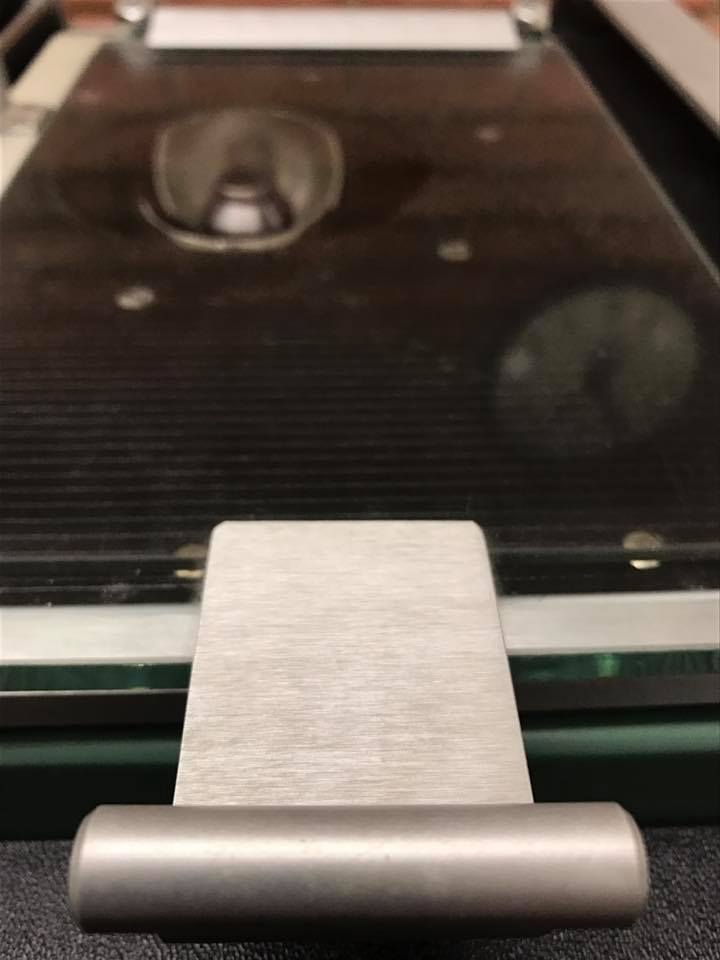
This one – a shiny face with a matte tongue
I can take my earrings out
And rest them there
And you’ll keep them safe
Warm metal couched in light, time, surface
I can take my earrings out
And rest them there
And you’ll keep them safe
Warm metal couched in light, time, surface
This brain has no wifi
And that’s okay with me,
I still find you worthwhile
I turn the dial, and I select your suggestions
Off line, I make secret confessions
Into your hardware
And that’s okay with me,
I still find you worthwhile
I turn the dial, and I select your suggestions
Off line, I make secret confessions
Into your hardware

I can’t admit to taking any microfilm
Or returning it
But I did take that rubber band
To braid my hair
There was probably a camera that watched me do it
And it made a microfilm that was not worth watching
How many people have sat here
And gotten too lonely to think?
It’s not lonely at all
Because it’s where a chair and a table got married
It’s the lonely people that come between them
And gotten too lonely to think?
It’s not lonely at all
Because it’s where a chair and a table got married
It’s the lonely people that come between them
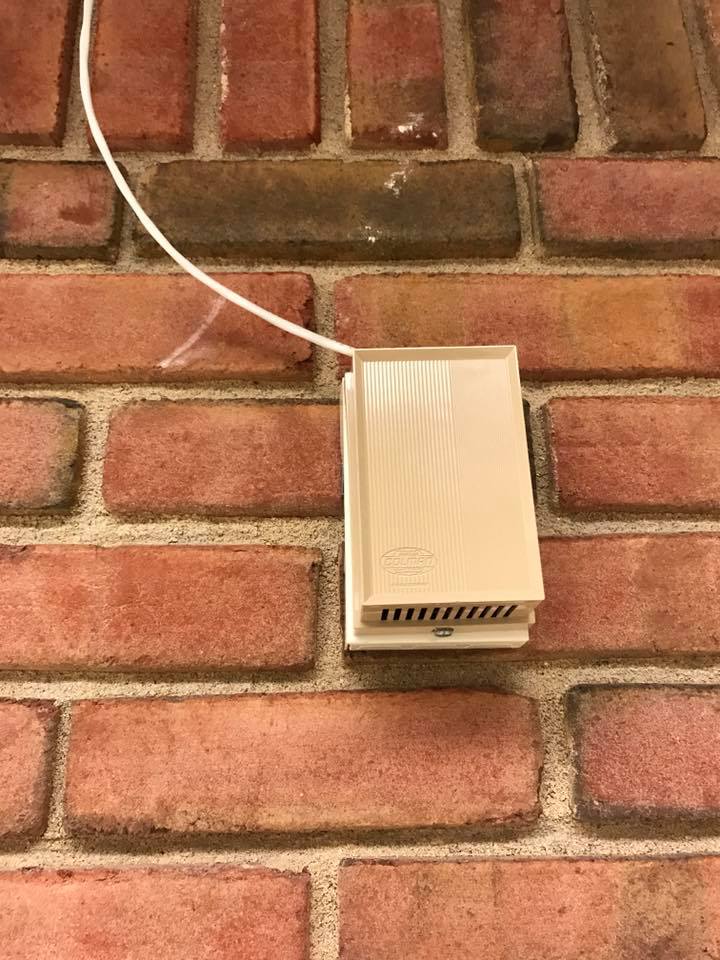
This is a box that overcame the resilience of brick
Bricolage all day long
We don’t need windows down here when we have wires
Full of air

In the basement archives there are stars
Star signs that mean something
They fold, collide, fade, collect dust
Stardust in the archives
Empty space
I use a handle to open empty space
And then I see your god face
Don't get too lonely because I'll visit.
︎︎︎creative
